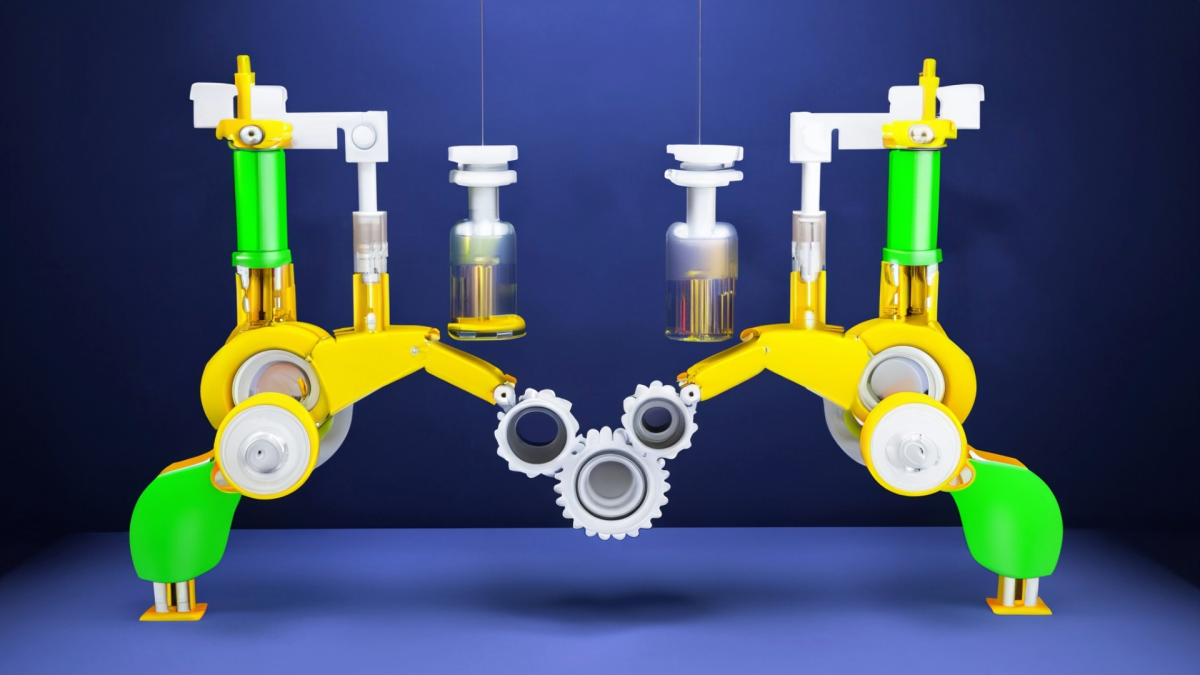Grades:
8th Grade
Explore scientific notation by traveling through the universe. Students will try to place objects in the universe in order from smallest to largest by using pictures, names and numbers in scientific
Grades:
7th Grade, 8th Grade
Students will learn how to bring their images to life by coding movement and will use math skills.
Grades:
6th Grade
Students will explore energy, electricity, and engineering in this hands-on lesson using the Kidwind kit to create a wind turbine.
Grades:
10th Grade
This lesson involves three scenarios where you calculate the frequencies of the dominant and recessive alleles. You will compare these frequencies for the 3 scenarios and discuss how they changed
Grades:
8th Grade
In this lesson, students will explore how biomes differ in different parts of the globe. They will identify differences between biomes and collaborate with peers to gather environmental science data
Grades:
7th Grade
This engaging lesson is designed to simulate how scientists look for patterns in evidence to make claims, and back them up with reasoning. There are some important takeaways that students will make
Grades:
6th Grade
Over 2 days (60 min or more each day), students create a catapult out of jumbo popsicle sticks, a water bottle cap and rubber bands. The challenge is for students to launch their snowball (cotton ball
Grades:
Kindergarten
In this fun lesson, students solve addition or subtraction equations. They will show their answers on a math paper or grid by coding a Bee-Bot to show their answer. This is a great way to incorporate
Grades:
5th Grade
This real-world lesson allows students to understand the impact of an oil spill on animals in the wild. Students experiment with ways to clean oiled animals. There is a literacy integration, hands-on
Grades:
6th Grade
In this hands-on lesson, students will construct a paper windmill. They put it to the test by using a fan to see how their fan holds up to the wind. This is a great way to cover science, engineering
Grades:
5th Grade
This lesson has an emphasis on explaining what is force. It also has an emphasis on explaining how you can see and measure force. For this lesson you need several empty plastic bottles, rubber bands
Spanish Retell of The Three Little Pigs -Los tres cerditos: y el lobo feroz using Beebots for Coding
Grades:
Kindergarten
• Student teams will work together in small groups to identify important story elements in a familiar story, then develop a plot diagram using Bee-Bots. • In a small group, students will use code to
Grades:
8th Grade
In this lesson students analyze the relationship between rainfall and tree growth from a sample. They will then graphically model that relationship. This is the 4th lesson in a series of 4. Links to
Grades:
9th Grade, 10th Grade, 11th Grade, 12th Grade
Using the Introduction to Hydroponics lab, introduce students to the features of the Hydroponic Systems. Students will explore the different types of grow mediums and grow lights used in the systems
Grades:
7th Grade
Students in this lesson will be recording weather data for the city that each student has chosen for 2-3 weeks. Students will be able to record and analyze weather patterns for a selected city
Grades:
8th Grade
Students code robots to match different distance time graphs. For each graph the teacher stamps their paper and they move on to the next more difficult one. Students will be able to replicate the
Grades:
7th Grade
This is Task 4 (Lesson 4) of four tasks (lessons) of an overall project of “Escaping 7th Grade Science Room." Students will construct a marshmallow device to propel marshmallows at force and collect
Grades:
7th Grade
This lesson plan will help students appreciate the concept of volume. Students will measure the dimensions of the real-life prisms given to them then calculate its volume using the formula given
Grades:
6th Grade
Students explore the limiting factors of yeast over 2-3 days. The materials needed are yeast, sugar, water, ice, tea kettle, empty soda or water bottles, balloons, graduated cylinder, string, ruler
Grades:
6th Grade, 7th Grade, 8th Grade
In this lesson, students will investigate the properties of a mixture, as if it were a contaminated soil sample near a stream. This activity will show students that heterogeneous mixtures can be
Grades:
5th Grade
Can a water fountain be solar powered? YES! In this engaging lesson, students will engineer a solar powered water fountain to show how energy transformed and transferred throughout their system. Each
Grades:
6th Grade
To demonstrate their understanding of how energy is passed throughout an ecosystem and the symbiotic relationships of organisms within an ecosystem, students construct a food web marble run. This
Grades:
6th Grade
In this lesson, students will collaborate to design and engineer a product to contain and clean up an oil spill while saving the affected wildlife. They will also accurately complete an itemized
Grades:
7th Grade, 8th Grade
Students in this lesson will set up an investigation to see if a salt lamp affects plant growth. They will use what they know about photosynthesis and cellular respiration to make sure the plants have
Featured Lesson Plans
Check out these notable lesson plans.

Grades:
Kindergarten, 1st Grade, 2nd Grade
This lesson combines ELA (reading and discussing the story), engineering (design a balloon with materials given and attach the balloon to an EdBot), and technology (code an EdBot to run the parade

Featured
Pumpkin Jack Part One
Grades:
4th Grade
This lesson includes fourth grade reading, writing, math, science, and engineering standards. The potential is endless with additional enrichment activities. Students participate in the nurturing and

Featured
Simple Machines Save the Day
Grades:
5th Grade
In this lesson students read about simple machines and learn that simple machines make it easier to lift or move things and that they can change direction and magnitude of force. Students use LEGOs to
